- Category
- Latest news
After Two Years of War, Russia’s Economic Growth Stalls as Reserves Deplete
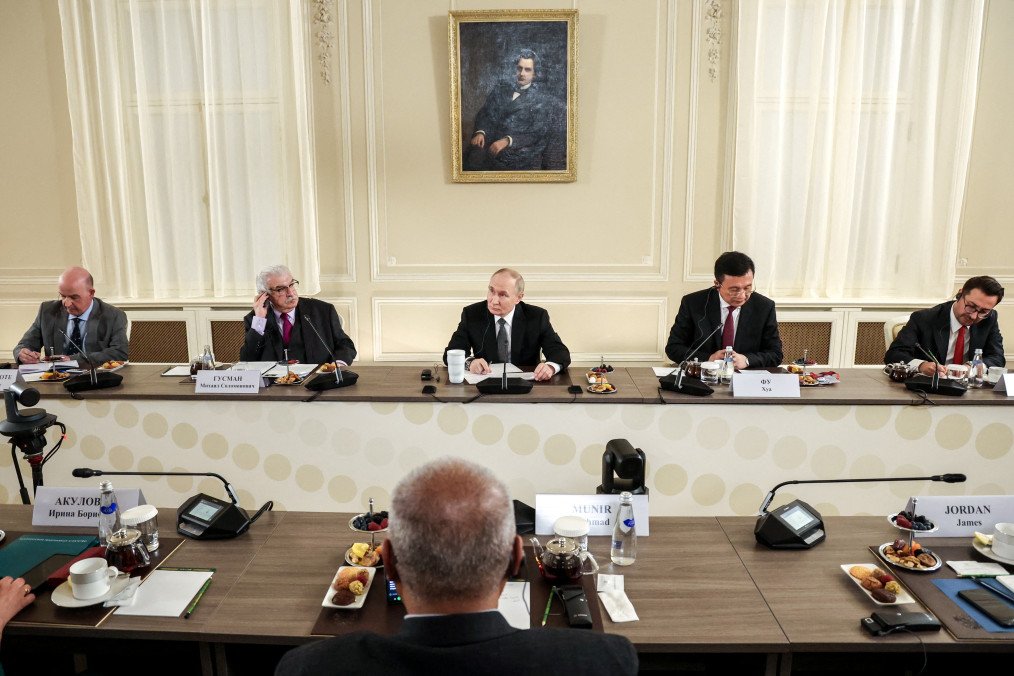
Russia has exhausted the key resources that had sustained its economic growth amid war and sanctions over the past two years, according to Central Bank Governor Elvira Nabiullina.
The statement came during a panel discussion at the St. Petersburg International Economic Forum, The Moscow Times reported on June 19.
“For two years, we maintained relatively high growth rates by utilizing available reserves,” Nabiullina said. These included excess labor, production capacity, capital reserves in the banking system, and funds from the National Wealth Fund (NWF), which the government used to fill budget gaps and finance large-scale infrastructure projects.
“Many of these resources have now been depleted,” she warned.
Russia’s labor market is under significant strain, with unemployment at a record low of 2.3%, according to The Moscow Times, citing data Rosstat. The government also estimates a shortage of two million workers due to mass emigration and military mobilization.
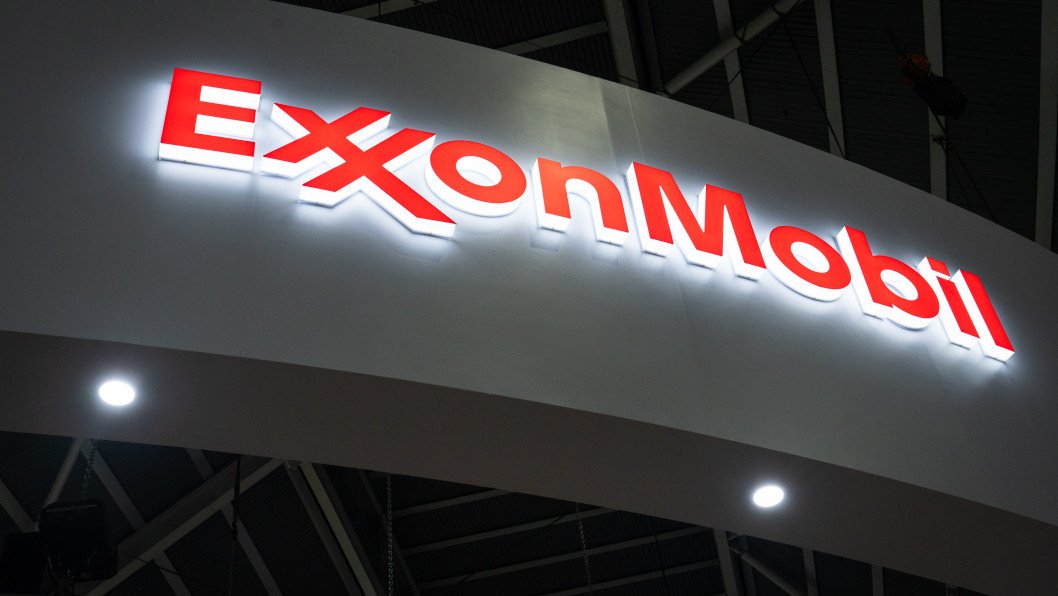
The data shows industrial capacity utilization has surpassed 80% — the highest level in recent history. Meanwhile, the NWF’s liquid assets have dropped threefold since the start of Russia’s full-scale invasion of Ukraine, falling to 2.8 trillion rubles. Its foreign currency holdings are down to 153.7 billion yuan, the lowest since the fund’s creation in 2008.
Gold reserves in the fund have declined to 139.5 tons — down from over 400 tons pre-2022. Analysts from the Russian Presidential Academy of National Economy and Public Administration (RANEPA) warn the fund could be fully exhausted by 2026.
Corporate profits in March declined by 33%, and by 50% in the oil and gas sector, The Moscoe Times reported. Industrial output showed only 1.2% growth over the first four months of the year, while civilian sectors began to shrink. Retail turnover also slowed significantly — from 7.2% at the end of December to 2.4% by late April.
Earlier, foreign direct investment in Russia dropped sharply, according to United Nations data.
The decline underscores persistent economic uncertainty, as the St. Petersburg International Economic Forum this week revealed minimal foreign presence and an increased focus on domestic agendas.
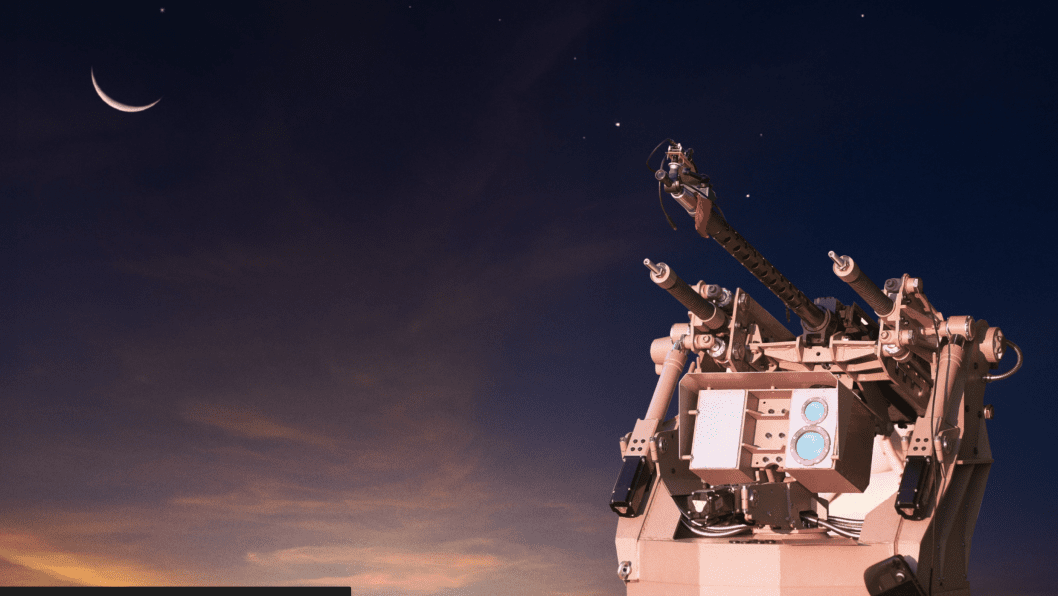

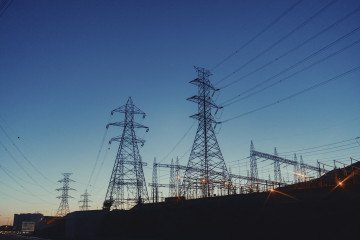
-c439b7bd9030ecf9d5a4287dc361ba31.jpg)
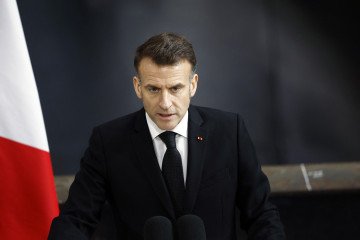

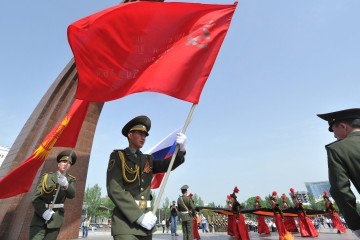
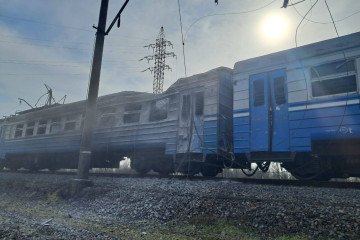
-111f0e5095e02c02446ffed57bfb0ab1.jpeg)